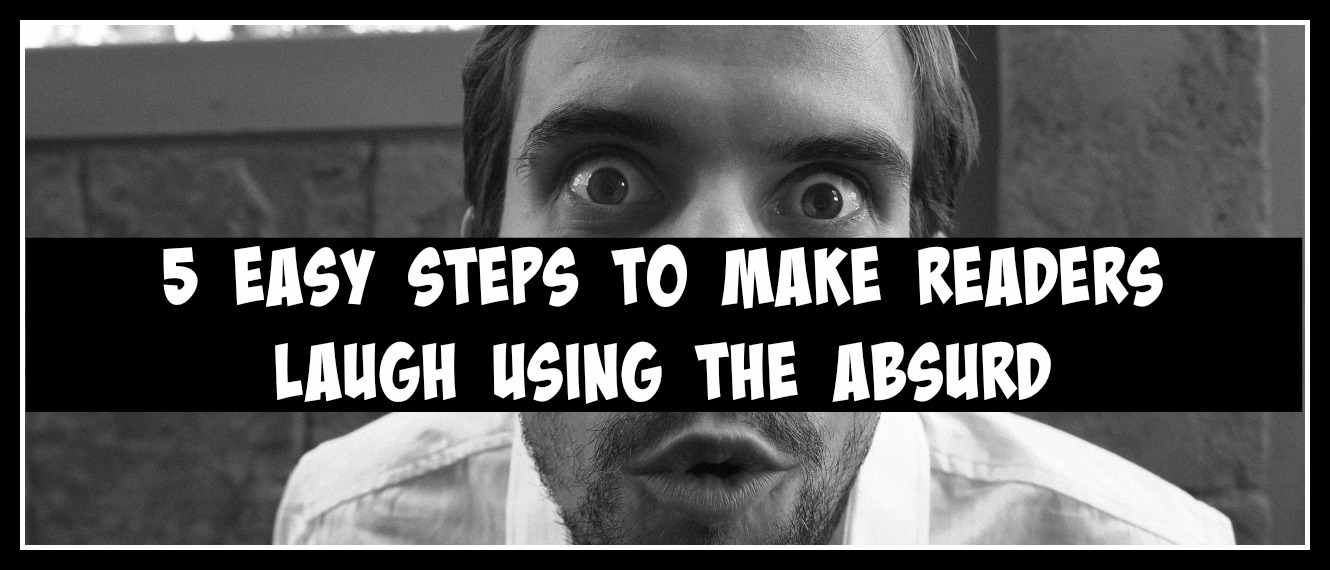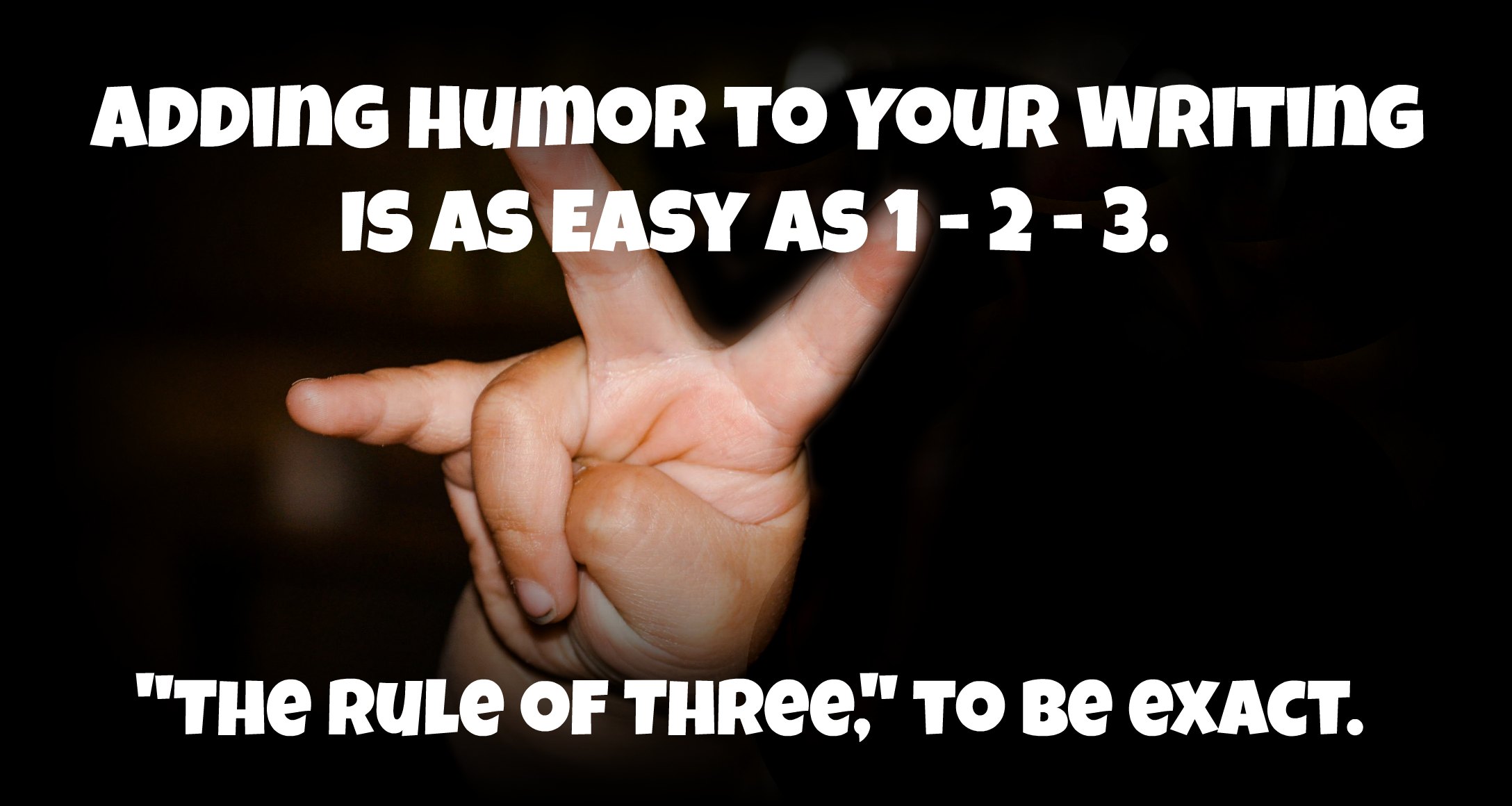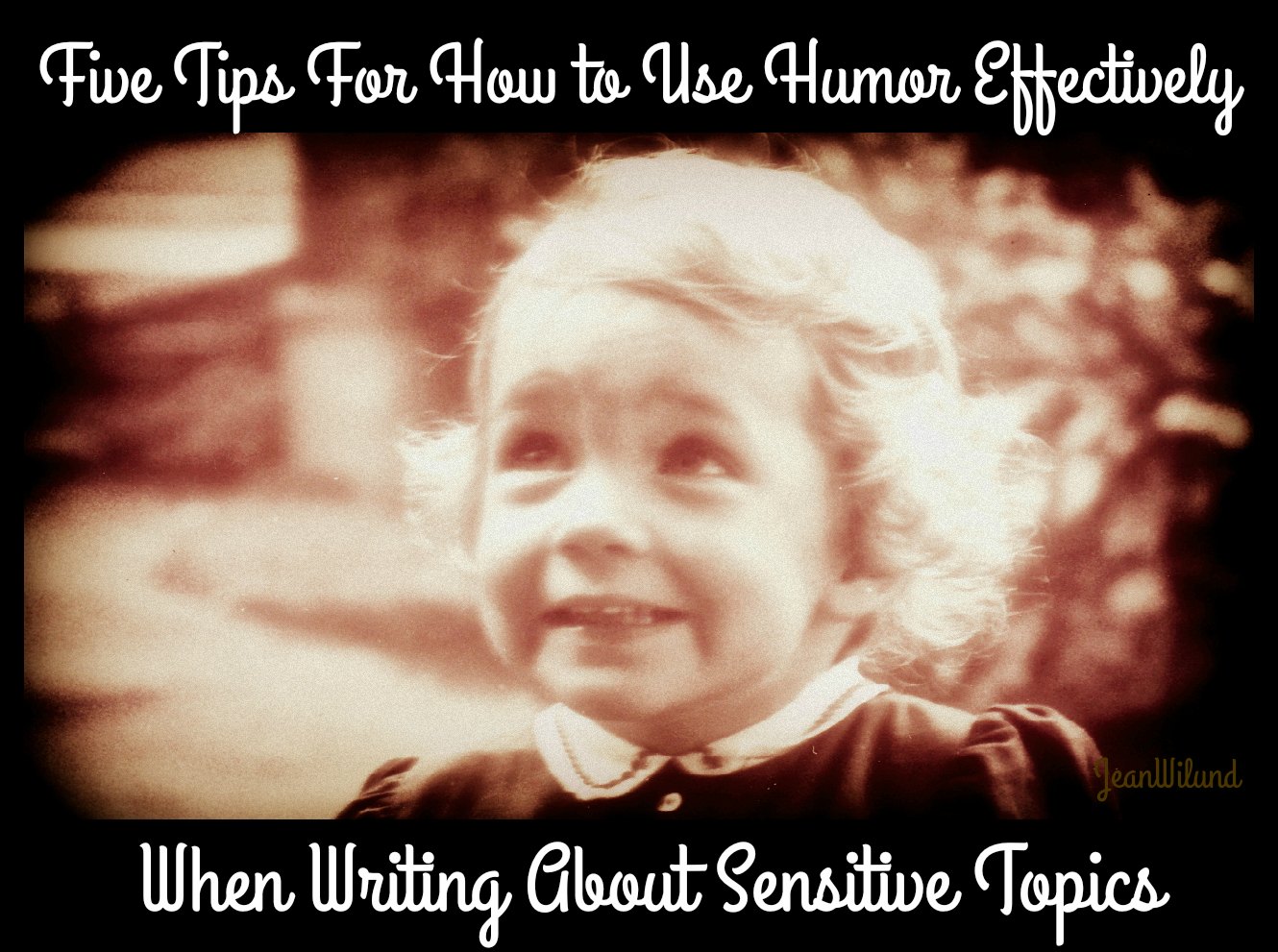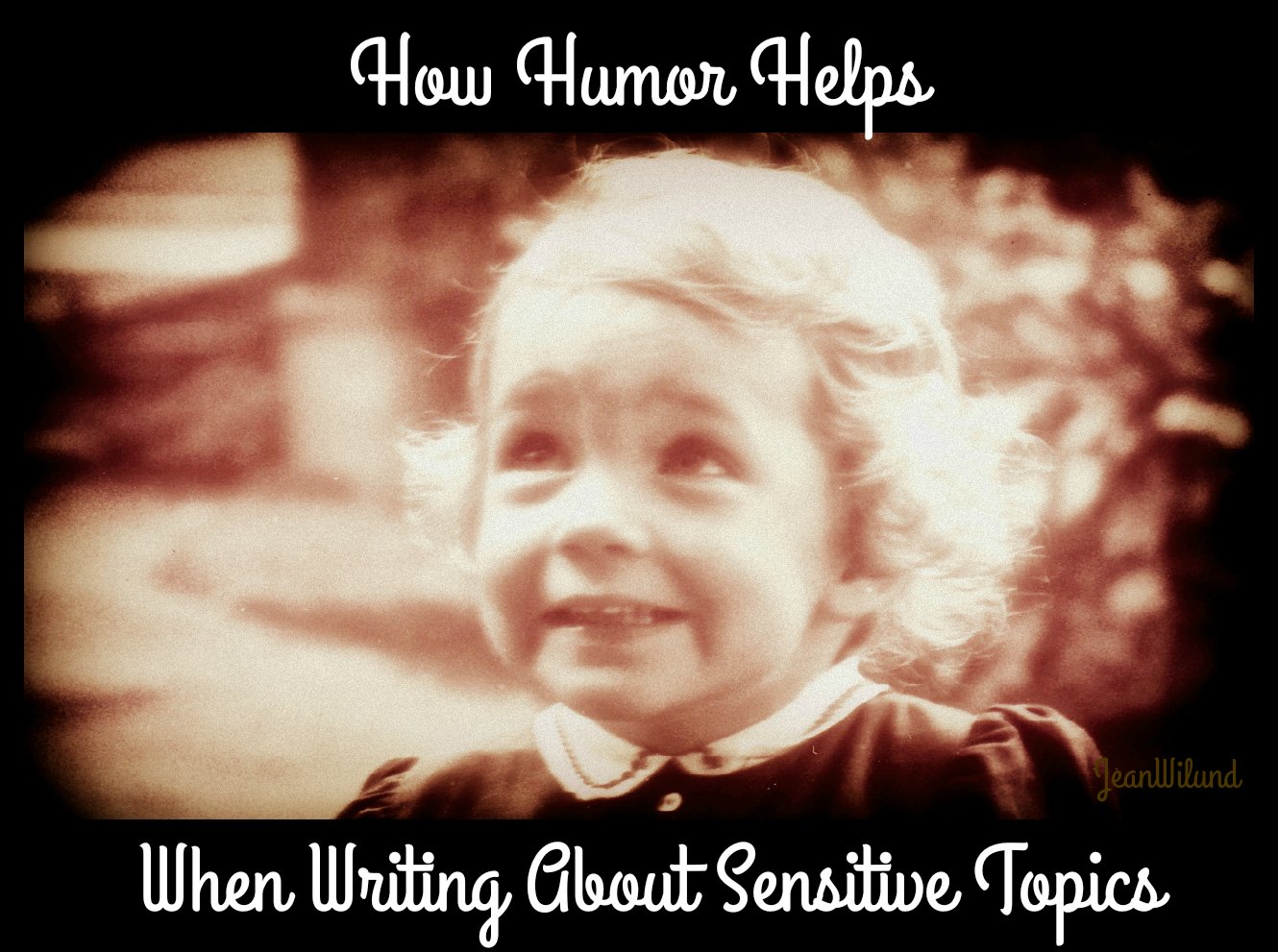
5 Easy Steps To Make Readers Laugh Using The Absurd
Ever laughed in an absurd situation or at an absurd time? Sure you have. We’ve all done it. Our friend…
September 24, 2016
Ever laughed in an absurd situation or at an absurd time? Sure you have. We’ve all done it. Our friend…
September 24, 2016
Comedians Jerry Seinfeld and Michael Jr. may never suffer from comedic block, but those of us less endowed with…
May 23, 2016
One word can make all the difference between funny or ho-hum. For instance, let me introduce you to four…
April 24, 2016
Adding humor to any type of writing is as easy as 1 – 2 – 3. Not 1 –…
March 8, 2016
Every writer needs an editor or at least a proofreader. Even experienced writers benefit from another pair of eyes…
February 12, 2016
One of these things is not like the other. One of these things just doesn’t belong . . .…
February 2, 2016
More is caught than taught. This truism haunted me as I raised three impressionable children. Now it inspires me as…
January 19, 2016
In my last post, How Humor Helps When Writing About Sensitive Topics, I explained how working humor into the…
December 19, 2015
At first glance, making people laugh when addressing a sensitive topic seems absurd, maybe even callous. But then again, a little…
November 18, 2015
“Mom, I think Tina could make a sermon illustration out of a booger.” I saw the two of them…
July 11, 2015
Navigating the publishing world can be a humbling experience. We write a piece that we think is going to…
July 5, 2015